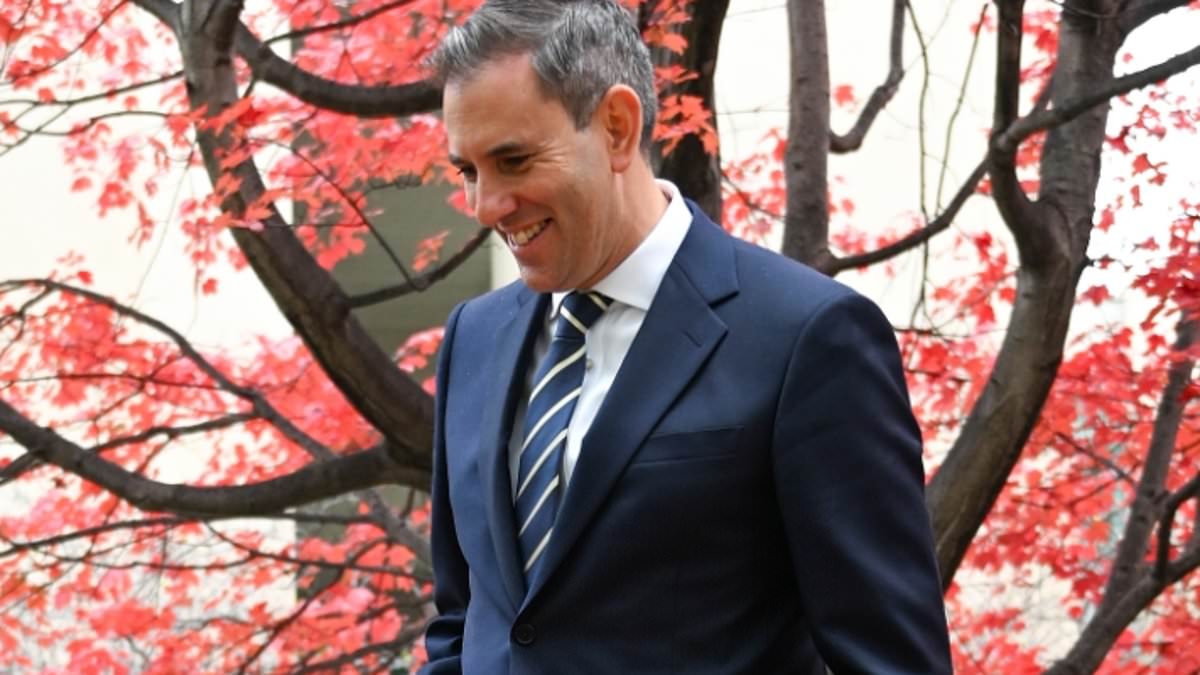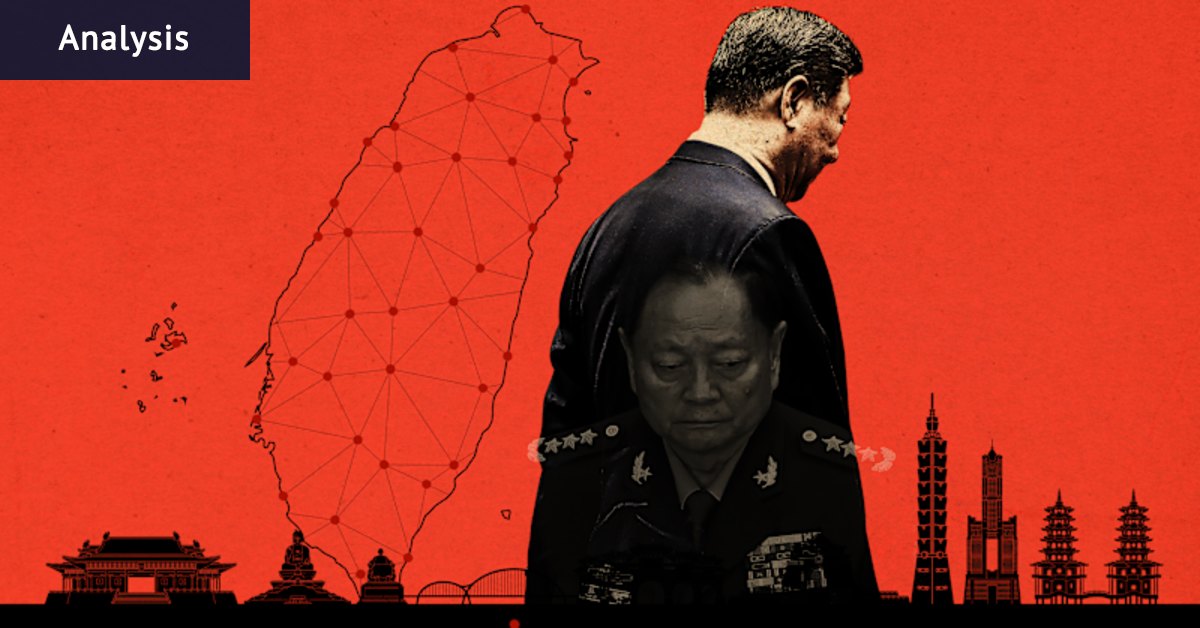
The vast expanse of space has long captivated the human imagination, but its influence extends far beyond the realms of science fiction and exploration. Historian Dr. Dagomar Degroot, in his new book Ripples on the Cosmic Ocean, argues that cosmic events have played a significant role in shaping life on Earth. Published by Harvard University Press, this book delves into what Degroot calls “cosmic environmental history,” exploring how phenomena such as Martian dust storms and solar flares have impacted human civilization.
As Sarah Al-Ahmed of The Planetary Society discusses on Planetary Radio, Degroot’s work invites us to consider our environment as an interconnected ecosystem that extends beyond Earth. This perspective could provide crucial insights into protecting our planet in the face of modern challenges.
The Cosmic Environmental History
Dr. Dagomar Degroot, a professor of environmental history at Georgetown University, expands the traditional scope of environmental history to include cosmic influences. He defines environmental history as the study of the reciprocal relationships between humanity and the universe, encompassing everything from microorganisms to galaxies.
Degroot’s approach challenges the conventional Earth-centric view of environmental history, which has traditionally focused on terrestrial events like earthquakes and climate changes. By incorporating cosmic events, Degroot provides a broader context for understanding humanity’s past, present, and future.
“If we’re going to think about the non-human Earth and its influence on humanity’s past, we ought to think about environments in a much bigger way too.” — Dr. Dagomar Degroot
Cosmic Events and Human History
Degroot’s book traces the impact of various cosmic events on human history. For instance, solar cycles and Martian dust storms have influenced climate patterns on Earth, leading to significant societal changes. The asteroid that ended the dinosaurs and the Cold War fears of nuclear winter are examples of how cosmic events have shaped human civilization.
One of the most compelling aspects of Degroot’s work is his exploration of how humanity’s understanding of these cosmic influences has evolved. From the early sunspot studies of William Herschel to the Carrington Event of 1859, solar activity has been a driving force behind scientific discoveries and technological advancements.
“William Herschel is one of the unheralded founders of climate science. How did he discover it? By observing the sun and its changes.” — Dr. Dagomar Degroot
The Role of Venus in Climate Understanding
Venus, often referred to as Earth’s twin, has played a crucial role in shaping our understanding of climate change. The discovery of Venus’s runaway greenhouse effect in the early space age highlighted the potential for similar processes on Earth. This revelation underscored the importance of monitoring and mitigating human-induced climate change.
Moreover, research into Venus’s atmosphere contributed to the discovery of the ozone hole on Earth, leading to the Montreal Protocol, which successfully curbed the production of ozone-depleting substances.
“Research into the atmosphere of Venus is why we are able to have this podcast right now.” — Dr. Dagomar Degroot
Implications for the Future
Degroot’s work emphasizes the importance of space research in understanding and mitigating existential risks to humanity. As we face challenges like climate change and potential asteroid impacts, the lessons from cosmic environmental history are more relevant than ever.
The book also raises questions about the future of space exploration and the role of humans in space. With advancements in AI and robotics, the necessity of human presence in space is being reevaluated. However, the potential benefits of space settlement and exploration, such as new forms of governance and reduced burden on Earth’s resources, remain compelling.
“Space science has had all kinds of profound beneficial impacts for life on Earth, and I think it is borderline suicidal to cut funding for space science.” — Dr. Dagomar Degroot
As humanity continues to explore the cosmos, Degroot’s insights remind us of the interconnectedness of our planet with the wider universe. By understanding these cosmic influences, we can better protect our world and ensure a sustainable future for generations to come.







